University Planning Center for Freedom of Expression
The University has not publicly announced plans for the Center, though a job listing for an executive director has been online since last month.
Hull Gate from the Joseph Regenstein Library.
January 26, 2023
A job posting for an executive director of the unannounced Center for Freedom of Expression at the University of Chicago has been on myworkdayjobs.com for at least a month now.
The posting, which seeks an executive director who would be an “entrepreneurial, collaborative, and strategic leader,” sheds light on the University’s plans for an as-yet-to-be-announced center.
The principal aims for a potential Center for Freedom of Expression, as stated in the posting, are:
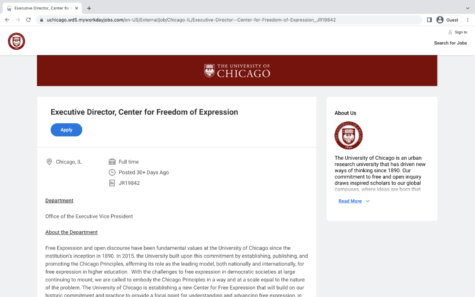
- “To enrich the experience of our students by modeling free expression and open inquiry, and by developing skills for meaningful and effective engagement
- To deepen our understanding of free expression, through a multi-disciplinary research program
- To engage and further develop a network of leaders who champion the principles of free expression and foster opportunities in their own organizations to understand and advance free expression
- To improve the quality of the higher education environment by creating a broad framework, including curricula and materials rooted in the Chicago Principles, that promotes free expression
- To serve as a resource for other institutions that are confronting challenges to free expression and open discourse”
The post goes on to state that the Center for Freedom of Expression will use case studies to look at the practical application of freedom of expression. The University also wants the center to host guest speakers, to be sponsored by donors, and to run summer sessions for 7th–12th grade students. In addition, there are plans to have free expression bootcamps and training programs for educators, nonprofit organizations, and artists.
The University also plans for the Center to have a global reach, noting on the job listing that “the center will disseminate its ideas, work, and events through multiple channels: essays and opinion pieces; digital media, including speaker and event videos and a regular podcast series; and potentially a journal dedicated to moderating conflicting ideas and promoting open discourse.”
The Chicago Statement, also referred to as the Chicago Principles, is cited on the listing as a core principle of the proposed center, though no further information about its philosophy is included.
The basic premise of the Principles, which were created in 2015, guarantees “all members of the University community the broadest possible latitude to speak, write, listen, challenge, and learn,” making allowances for instances of violent threats and harassment to be reported and their perpetrators punished.
In a statement sent to The Maroon, the University wrote that plans for the Center for Freedom of Expression were still under development.
“Faculty members at the University have been in discussions to develop ambitious ways to support and advance the longstanding institutional priority of free expression. This work is ongoing, and many details have not been determined, including the final name for such an effort and its specific priorities. The position that has been posted is intended to provide additional leadership support for this work as it develops. We look forward to sharing additional details in the following months.”
Notably, the University did not respond to The Maroon’s question on whether donors would be able to influence the selection of speakers or staff at the center.


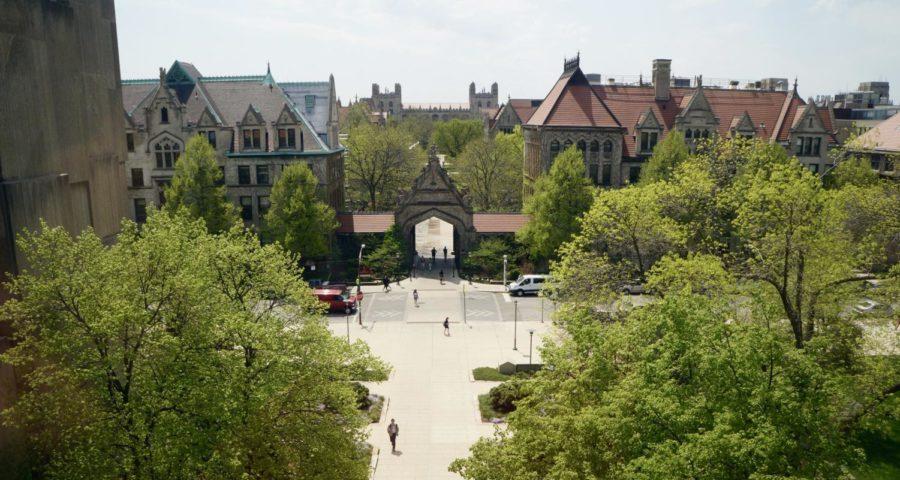
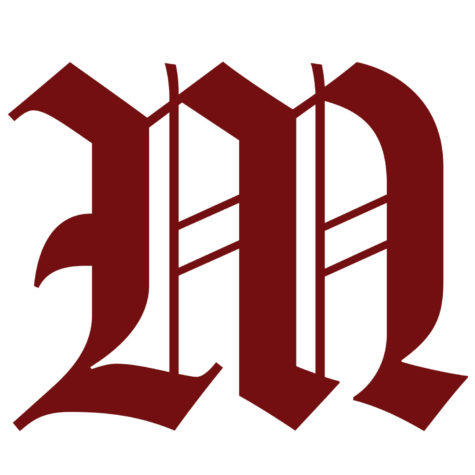
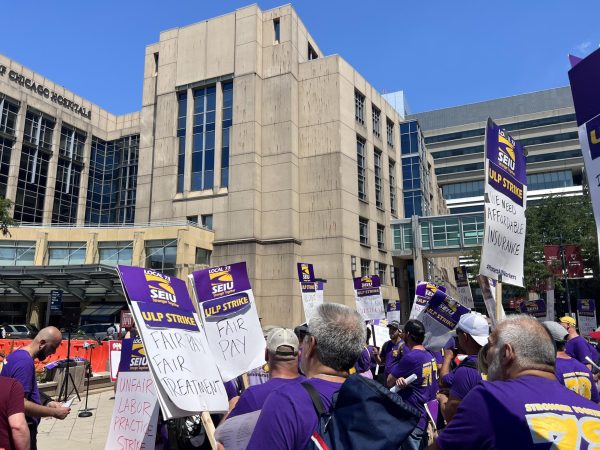
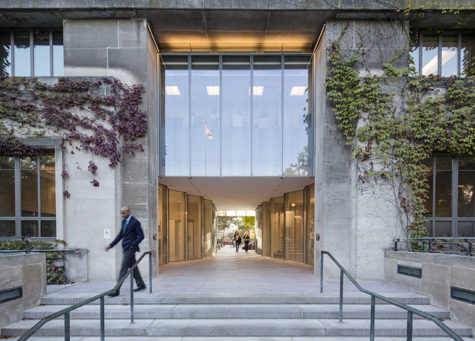
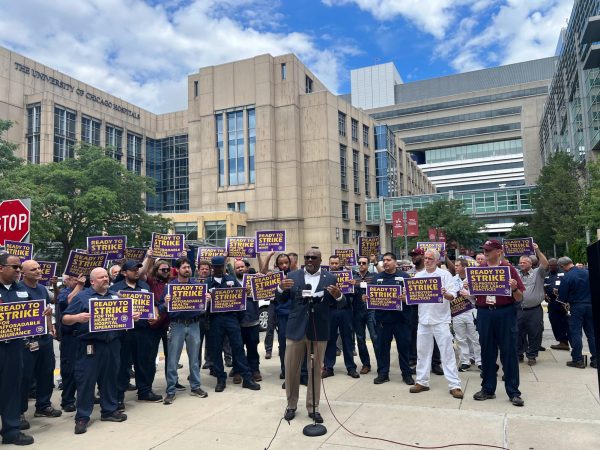
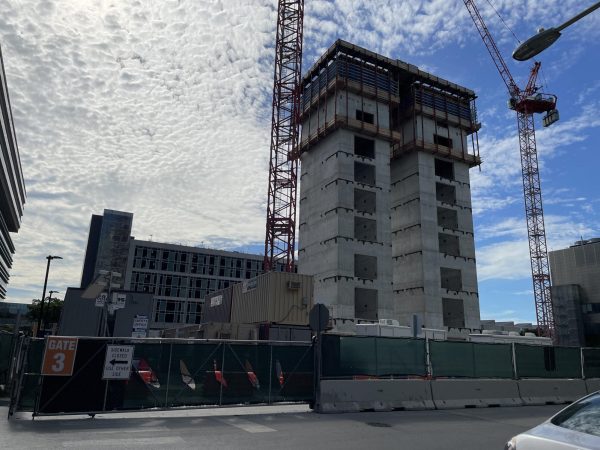
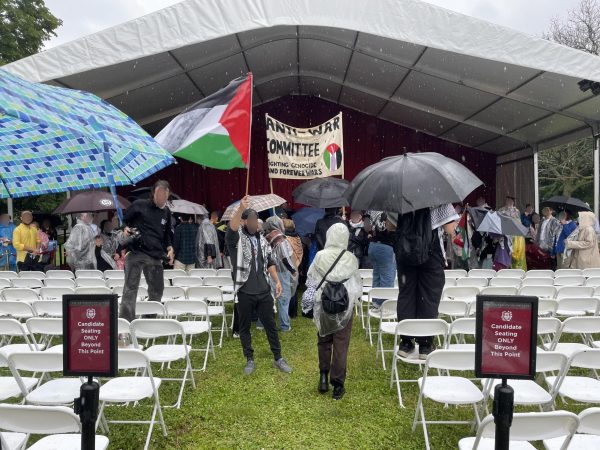
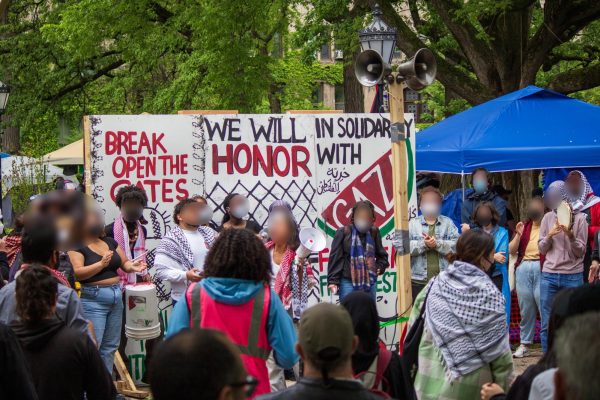
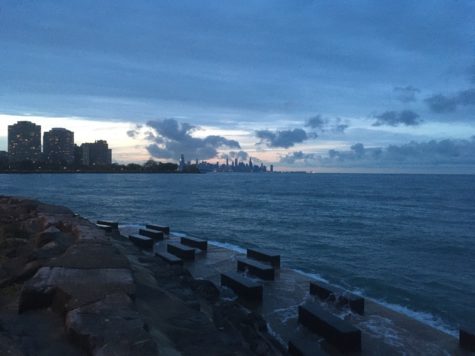
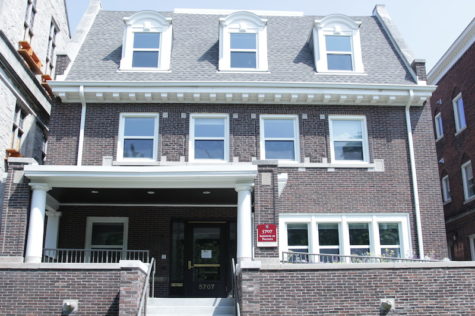
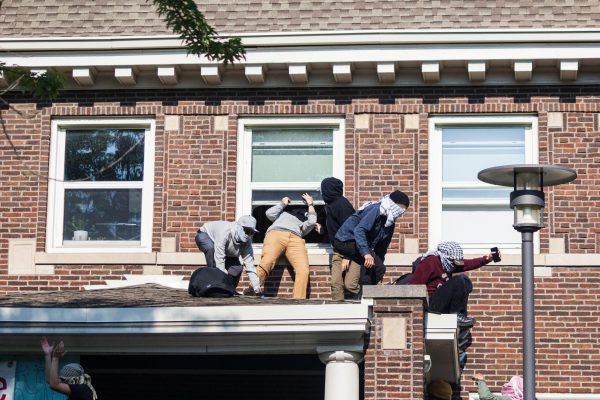
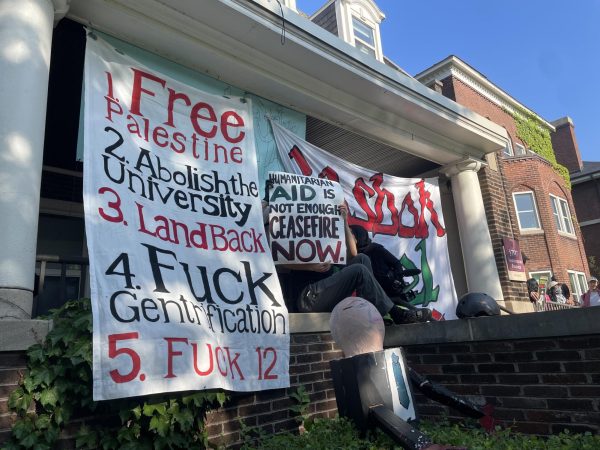
Nic Cols / Feb 19, 2023 at 4:58 pm
There is a distinct Soviet tone to that job posting.
Bocomo / Feb 19, 2023 at 8:32 am
What they mean is freedom of leftist/marxist/communist/racist/fascist/pedophilic/criminal expression. If you’re white, male, or conservative you don’t deserve to express yourself… By the way, these train derailments and fires are not accidental. We are under attack by sinister forces and the media is trying to cover it up.
Recently retired college instructor / Feb 19, 2023 at 7:50 am
Unless it comes with a security detail, you couldn’t pay me enough, because free speech includes all aspects of the political and social spectrum, not just the leftist brand that tends to come with violence against all who disagree with them, these days. Ironically…
Then again, they don’t ever have to fill the position because by simply posting such an extraordinary job in the arguably anti-free speech world of higher-education today, they can spin it to say “But we have this job position…”
Jeff / Feb 19, 2023 at 3:57 am
Yes. Freedom of Speech needs an organizer and committee to select leaders. This may be a partial faculty revolt. Are topics like the bioweapon jab and stolen 2020 election permitted?
Ranch Dressing on a Turd / Feb 19, 2023 at 12:59 am
Typically when someone on the Left comes up with a title of a program… That program is intended to do the exact opposite of the title.